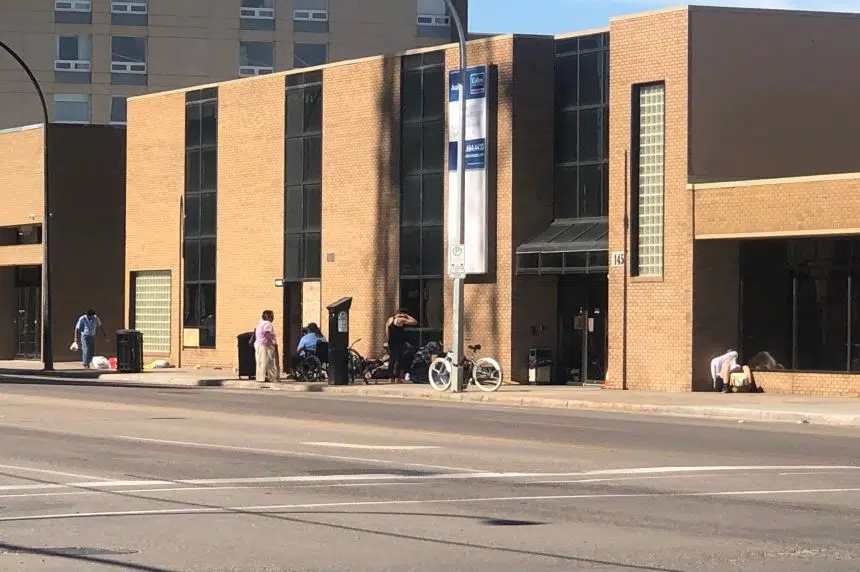There are at least 550 people in Saskatoon who don’t have a place to call home.
That’s more than there have been since the Saskatoon Housing Initiative Partnership (SHIP) began its biennial homeless counts in 2008.
According to SHIP, the counts look at those who are staying in places that aren’t fit for continuous habitation, including tents, public spaces and cars. The count also identifies those who make use of shelters or other housing programs.
The last count was completed in 2018, and volunteers identified 475 people who were homeless. The 2020 count was cancelled because of the COVID-19 pandemic.
This year, the count took place on April 28 between 10 a.m. until 6 p.m., and about 90 volunteers surveyed people on the streets, and also those in local shelters. Normally, about 120-150 volunteers take part.
Brenna Sych, SHIP’s communications coordinator, said volunteers asked people what contributed to their homelessness.
“The majority did say lower income and not enough money for housing, and others (said) contributing issues such as mental health,” she said.
“Eighty-six percent of those who were surveyed said substance abuse issues were part of what they were facing. About half were had experienced residential school trauma.”
Changes to government programs also contributed to their inability to find housing, she said.
“The assistance programs aren’t enough for people to live on, and not enough for people to get affordable housing,” Sych said.
According to SHIP’s statistics, 45.5 per cent of those who are homeless are men, 38.8 are women, and 6.6 per cent identify as gender diverse.
Twenty-six people are parents or guardians with at least one dependent child, and there are 40 youths under the age of 18 who don’t have a home.
Nearly half of those surveyed said they’ve been homeless for at least six months during the past year.
Sych said a lot more needs to be done in the community to support the most vulnerable.
“We just want to see continued community support to lower barriers for people to be able to access housing,” she explained.
“A lot of the help that people were requesting was to be able to find affordable housing and functions like help filling out housing applications.”
In an emailed statement, Social Services Minister Gene Makowsky said “unfortunately, the issue of homelessness is not new … It continues to be a challenge in cities across Canada where they are also seeing increases in the number of citizens who are homeless.”
Makowsky noted that in the last budget, the province invested an additional $11.4 million to increase SIS benefits. He cites the Saskatoon Tribal Council’s Emergency Wellness Centre as an example of a variety of agencies working together to address the housing needs of people experiencing homelessness.











